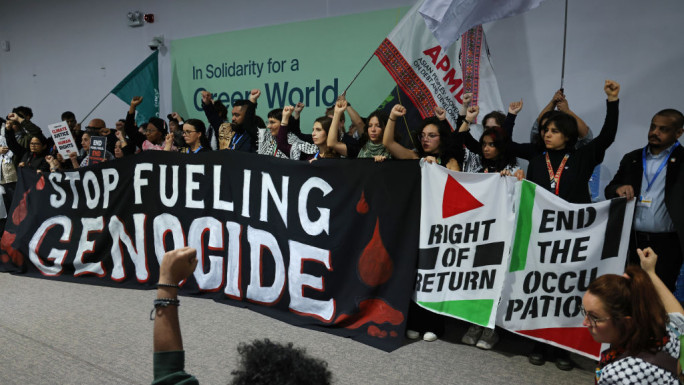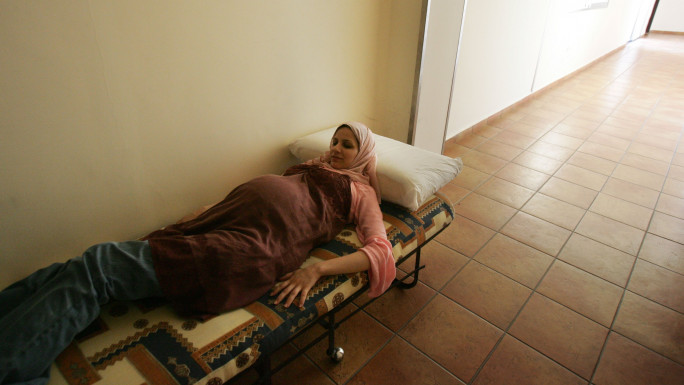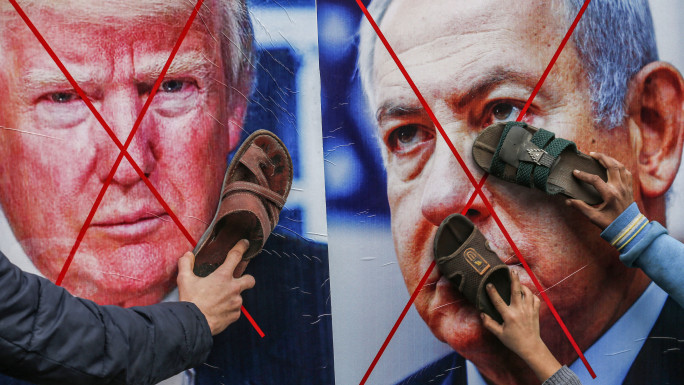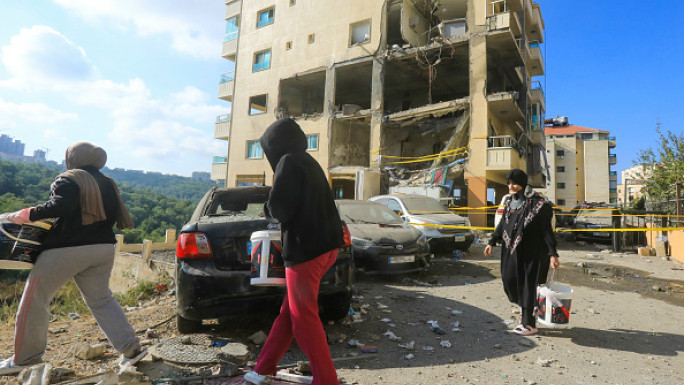
'Hot shorts' ban targets international observers: Egypt elections advisor
'Hot shorts' ban targets international observers: Egypt elections advisor
The ban on women wearing hot shorts in polling stations was meant for international observers, not Egyptian women, clarifies Egyptian elections advisor
2 min read
The first round of parliamentary elections is scheduled from 17 to 19 October [AFP]
An Egyptian official provoked an angry public debate when he made controversial remarks about what women voting in Egypt's upcoming parliamentary elections shouldn't wear.
Refaat Qomsan, the Egyptian Prime Minister's advisor for election affairs, later clarified his remarks, saying they were meant for international observers unfamiliar with the country's traditions, not specifically directed at Egyptian women.
"Election observers must respect the country's traditions," he said in a press conference on Tuesday. "For example, women cannot enter polling stations wearing hot shorts, especially in Upper Egypt."
The first round of Egypt's elections are scheduled from 17 to 19 October.
Women in Egypt generally do not wear hot pants, in polling stations or elsewhere.
"I do not think any Egyptian woman would dare wear shorts in the streets, let alone in polling stations," said TV presenter Rami Radwan.
Most Egyptian women wear hijabs (headscarves), and a significantly smaller percentage wear full niqabs, which covers the whole body and face except for their eyes.
Even less-conservative women, who do not wear the hijab or niqab, do not wear revealing clothes as they do not want to draw the wrong kind of attention to themselves. According to a 2013 UN report, 99.3 percent of women in Egypt have been subjected to one form or another of sexual harassment.
"Women cannot enter polling stations wearing hot shorts, especially in Upper Egypt. Right, because in Upper Egypt women walk around in bikinis," Egyptian novelist Ibrahim Abdel Meguid tweeted sarcastically.
Refaat Qomsan, the Egyptian Prime Minister's advisor for election affairs, later clarified his remarks, saying they were meant for international observers unfamiliar with the country's traditions, not specifically directed at Egyptian women.
"Election observers must respect the country's traditions," he said in a press conference on Tuesday. "For example, women cannot enter polling stations wearing hot shorts, especially in Upper Egypt."
| I do not think any Egyptian woman would dare wear shorts in the streets, let alone in polling stations - TV presenter Rami Radwan |
Women in Egypt generally do not wear hot pants, in polling stations or elsewhere.
"I do not think any Egyptian woman would dare wear shorts in the streets, let alone in polling stations," said TV presenter Rami Radwan.
Most Egyptian women wear hijabs (headscarves), and a significantly smaller percentage wear full niqabs, which covers the whole body and face except for their eyes.
Even less-conservative women, who do not wear the hijab or niqab, do not wear revealing clothes as they do not want to draw the wrong kind of attention to themselves. According to a 2013 UN report, 99.3 percent of women in Egypt have been subjected to one form or another of sexual harassment.
"Women cannot enter polling stations wearing hot shorts, especially in Upper Egypt. Right, because in Upper Egypt women walk around in bikinis," Egyptian novelist Ibrahim Abdel Meguid tweeted sarcastically.
![Egyptian women voting [AFP] Egyptian women voting [AFP]](/sites/default/files/styles/large_16_9/public/media/images/24165960-BA55-41C0-B0C5-CBE619144F98.jpg?h=d1cb525d&itok=bl8q301w)





 Follow the Middle East's top stories in English at The New Arab on Google News
Follow the Middle East's top stories in English at The New Arab on Google News


